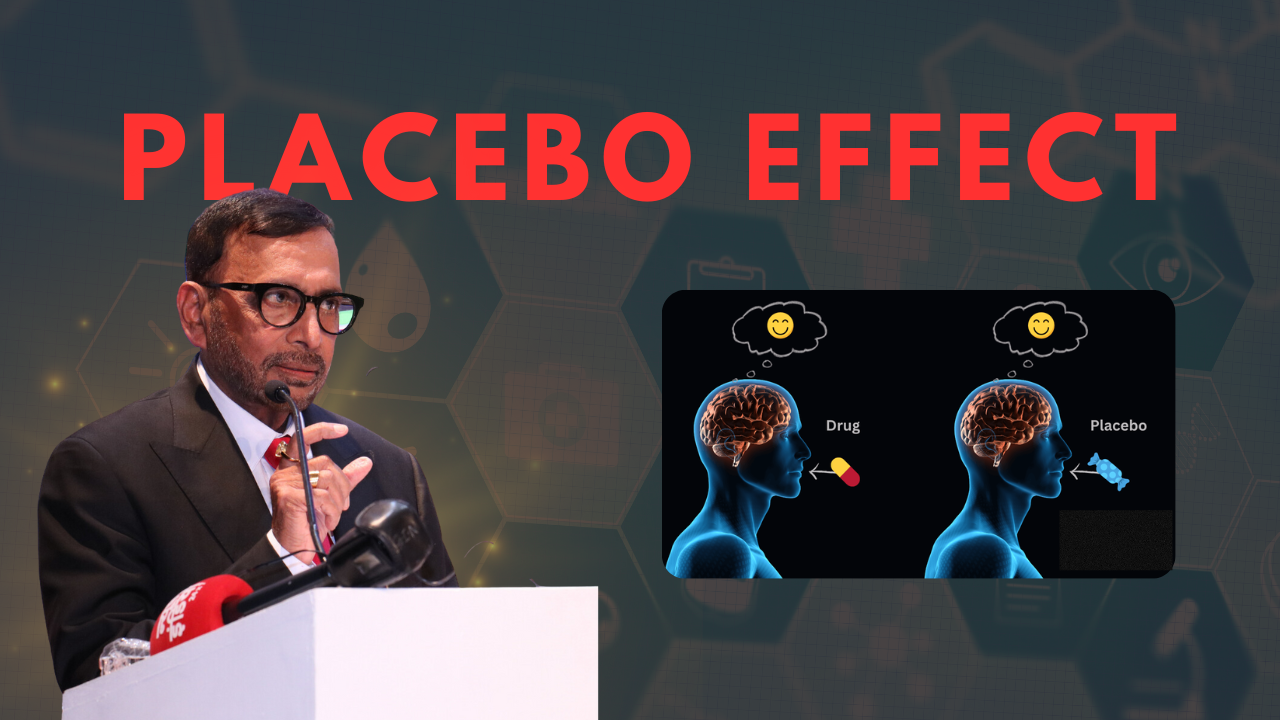Expectations and beliefs affecting life and healthcare: Power of the Placebo Effect
From ancient times, people have been observing the placebo effect, which is a well-known occurrence in medicine. This phrase describes the positive impact a therapy can have on a patient even when the treatment itself has no therapeutic effect. The placebo effect might happen when a patient receives a medication that they think would benefit them even when it is merely a sugar pill or another inert material.
The placebo effect is frequently observed in clinical studies, where one group of patients is given a new treatment and another group is given a placebo, in the field of healthcare. Even though the patients getting the placebo do not actually receive any active treatment, their symptoms frequently improve. From pain management to depression and anxiety, this phenomena has been seen in a variety of diseases.
But the placebo effect is not just a phenomenon in medicine. It may also be seen in real-world situations where our experiences and results are influenced by our expectations and beliefs. A student who is confident in their ability to get good scores, for instance, may do better in class than a student who has worries about their skills. Similar to this, a person who has confidence in their abilities may be more likely to succeed than someone who doesn’t.
The fact that the patient’s expectations, beliefs, and cultural background can have an impact on the placebo effect is one of its most intriguing features. For instance, studies have shown that patients who strongly believe in the efficacy of medicine and who come from cultures where medical professionals are held in high regard tend to have a larger placebo effect. In contrast, the placebo effect might not be as strong in societies that value spirituality and alternative medicine.
The fact that the placebo effect can be affected by how a medicine is administered is another intriguing feature of this phenomenon. For instance, a placebo medication may work better if it is administered by a confident, warm, and empathic healthcare professional as opposed to a cold, clinical one.
Ultimately, the placebo effect serves as a potent reminder of the impact that our expectations and beliefs can have on the nature of our experiences. The placebo effect is a genuine phenomena that can have a considerable impact on our lives, despite the temptation to write it off as a simple illusion or mental ruse. As a result, both individuals and healthcare professionals should consider the placebo effect when deciding on treatments and interventions. They should also work to foster an environment that is encouraging and supportive in order to maximize the placebo effect and improve outcomes.

